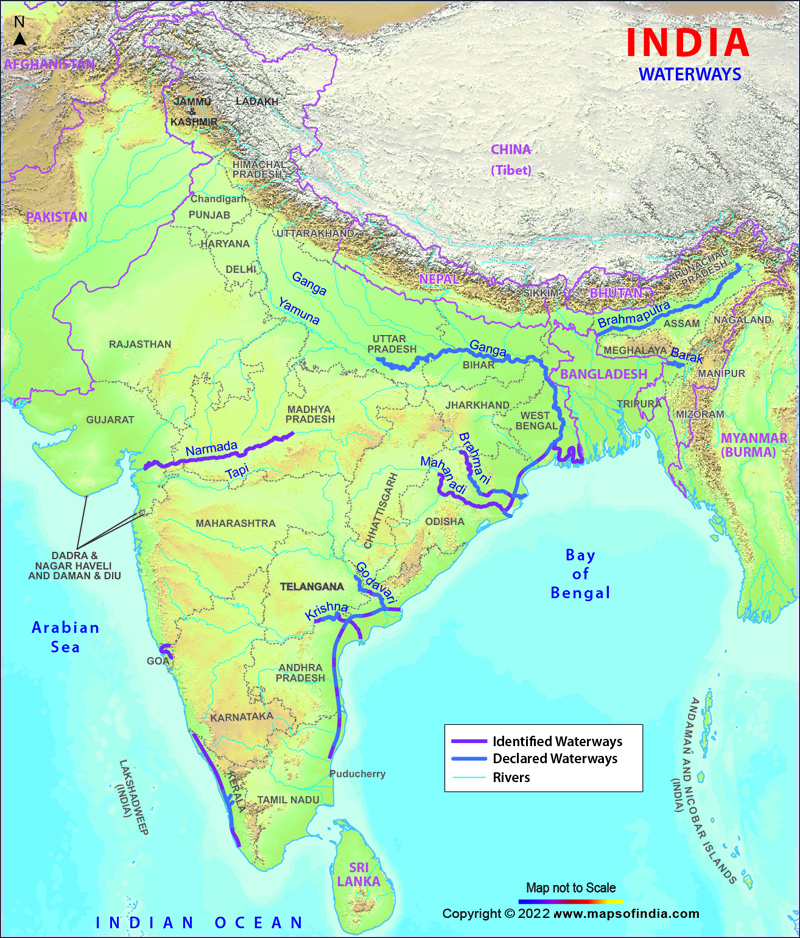The Shocking Impact of Fireworks on Our Environment – And What We Can Do
Festivals bring joy, unity, and celebrations that brighten our lives. But in recent years, one element of these celebrations has been causing serious damage to our environment: fireworks and crackers. Though lighting them up feels festive and exciting, it’s becoming clear that this tradition is taking a heavy toll on our air quality, health, and the environment. It’s time to rethink this practice and explore why banning fireworks and crackers might actually make our festivals even better.
The Pollution Problem
For just a few moments of brightness and noise, fireworks release a vast amount of pollutants into the air. They emit fine particles, heavy metals, and toxins that float in the atmosphere long after the lights go out. These particles, known as PM2.5 and PM10, are harmful to our lungs, especially during the winter months when the air is already heavy and polluted in many regions. Breathing in these particles can lead to respiratory issues, aggravate asthma, and contribute to serious long-term health problems like heart disease.
In fact, studies show that in places where fireworks are heavily used, the air quality index (AQI) often reaches hazardous levels. In cities with high populations, this pollution affects everyone—from children and elderly people who are more vulnerable to respiratory issues to even our pets, who often struggle with the loud noises and the fumes.
Harm to Animals and Ecosystems
It’s not just humans who suffer from the effects of fireworks and crackers. Animals are affected too, often more than we realize. Domestic pets like dogs and cats can become extremely distressed by the loud noises and sudden flashes of light. Birds, disoriented by the lights, can abandon their nests or fly into dangerous areas in a panic. Wildlife, in general, gets startled and disrupted, affecting their natural behavior and habitats.
Moreover, after the celebrations are over, the remnants of fireworks—paper, plastic, and even heavy metals—litter the ground. These residues don’t just disappear; they seep into the soil and water, affecting plants and wildlife long after the celebration has ended. These pollutants can be toxic to animals that come into contact with or consume them, affecting the health of entire ecosystems.
A Question of Health and Safety
For those of us celebrating, fireworks and crackers aren’t as harmless as they seem. Besides contributing to air pollution, fireworks can also be dangerous. Every year, hospitals see a spike in burn injuries around festival times, particularly among young children and teenagers. The smoke from fireworks and crackers can irritate eyes and trigger allergies, while the noise can be overwhelming for people sensitive to loud sounds.
And let’s not forget the added strain on emergency services. Fire hazards from fireworks often cause fires that require attention from firefighters, adding to the workload of emergency responders who are already stretched thin.
Better Ways to Celebrate
We don’t need to rely on fireworks and crackers to create a festive atmosphere. Today, there are so many alternative ways to celebrate that are just as fun and impactful—without causing harm. Light shows, laser displays, and eco-friendly alternatives are becoming more accessible and can create dazzling effects without polluting the air. Community celebrations, such as lighting lamps or candles, making eco-friendly decorations, and organizing music and dance performances, can create just as much joy while being safer for the environment.
In some communities, people are already shifting towards quieter, greener celebrations. Lantern festivals, where people come together to light up their surroundings, are a beautiful example of this. Imagine streets lined with twinkling lights, the air filled with laughter and cheer—not smoke and noise. This is the kind of celebration that’s sustainable and meaningful.
The Bigger Picture: Rethinking Tradition
It’s understandable that for many people, fireworks hold a nostalgic value. They remind us of childhood memories, and they symbolize a sense of celebration and grandeur. But as we face growing environmental challenges, we need to reassess how we celebrate. Sometimes, respecting tradition means adapting it to ensure it continues sustainably for generations to come.
Imagine a future where festivals are celebrated with the same enthusiasm but in a way that doesn’t harm the air, animals, or our health. It’s not about losing the spirit of the festival; it’s about evolving it into something that we can all enjoy, guilt-free, knowing we’re doing our part to protect the world around us.
A Collective Responsibility
So as we approach our next festival season, let’s make a conscious choice. Let’s embrace celebrations that respect our health, protect our environment, and are kind to all creatures. We owe it to ourselves, our communities, and the planet. And who knows? Perhaps in leaving behind fireworks, we’ll discover new ways of celebrating that are even more beautiful than we imagined. Together, we can create festivals that shine brighter than any firework.


